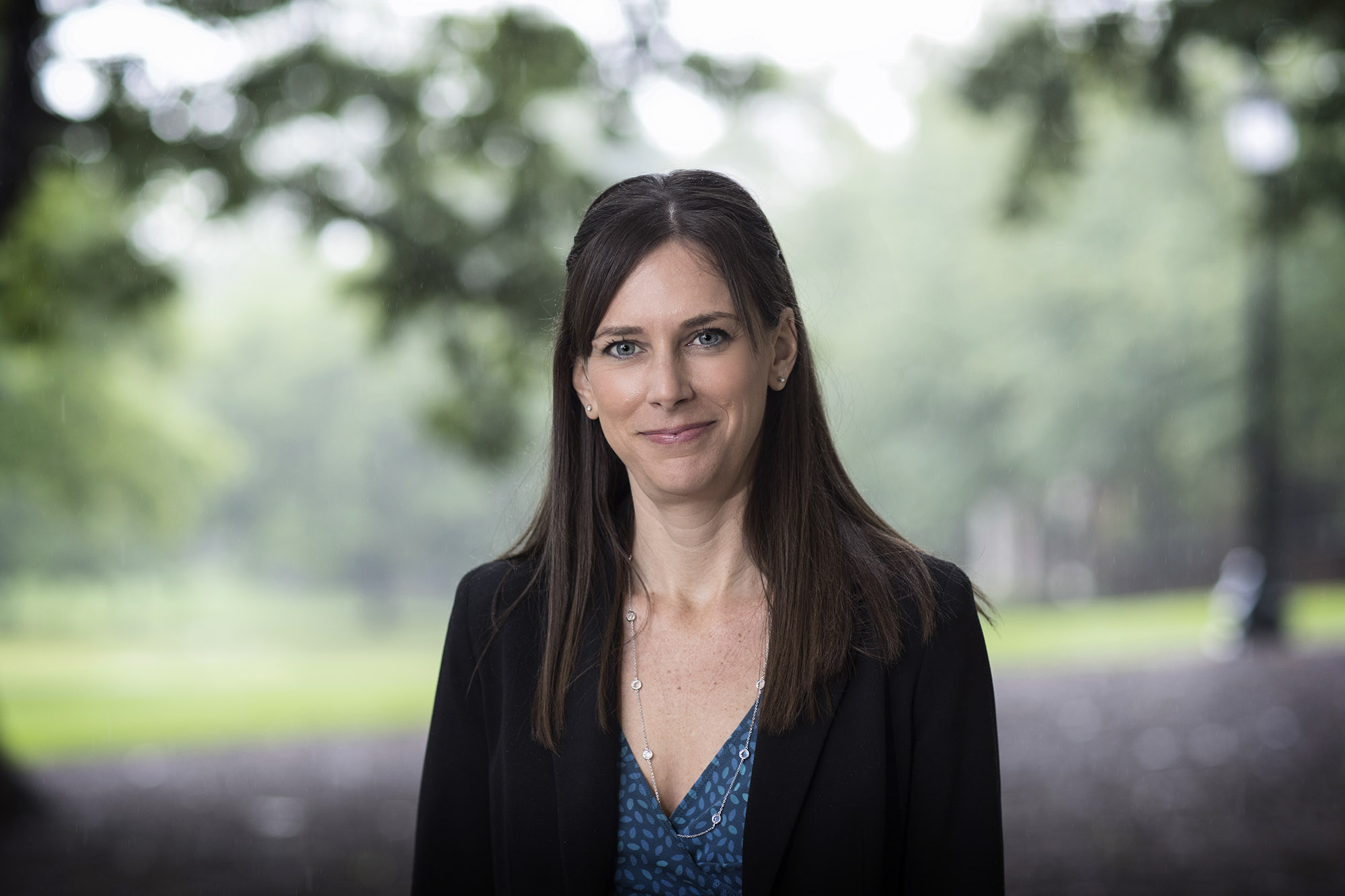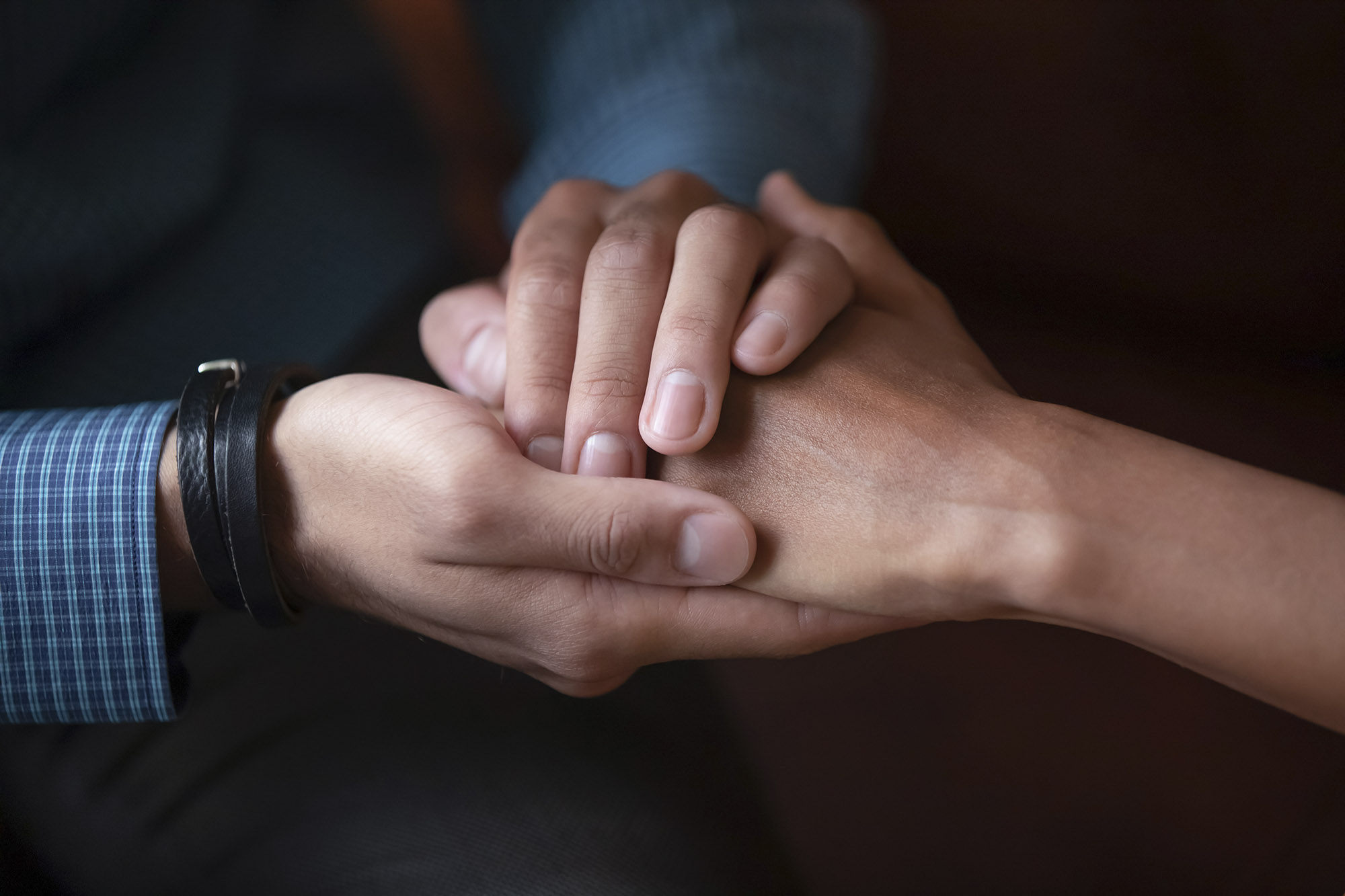In the past two years the coronavirus has killed more than 5.5 million people worldwide, with nearly 900,000 of those deaths in the United States alone.
The pandemic has left a heartbreaking trail of grief around the globe, turning people’s lives upside down. Still others are reeling from the sudden, unexpected death of a loved one, be it the result of a heart attack, suicide or some other devastating event.
“Grief obviously is something that most people go through at some point in their life and impacts millions of people every year, and it’s completely normal to experience grief in relation to loss,” said Nicole Ruzek, a clinical psychologist and the director of the University of Virginia’s Counseling and Psychological Services.
“When someone experiences a sudden and unexpected loss, first of all, I want to say there’s no kind of normal in that. So, when we do experience it, I think it can feel like the world is being completely turned on its head and everything that seemed like our day-to-day routine can be completely disrupted or feel even unreal,” Ruzek said.

Nicole Ruzek leads UVA’s Counseling and Psychological Services unit. (Photo by Dan Addison, University Communications)
She herself experienced two very sudden losses in the last two years. “Both having gone through it personally, but also helping people through that experience, what I often hear is people saying is that it feels like the world has gone on and is doing its normal things and yet in their world and their experience, everything has changed and nothing is what it used to be,” Ruzek said. “A sudden and unexpected loss can, I think, bring about not only grief, but also trauma for people.”
Often survivors don’t know how to support those who’ve suffered a devastating loss. That is a common experience, Ruzek said, because sudden loss is not something most people experience, so they don’t have a lot of practice with it.
“They don’t know what to do because they haven’t comforted someone who’s been through that kind of loss before, and then, too, they may also worry about making things worse. And so, they don’t want to say the wrong thing or make the person feel even worse,” she said. It can be uncomfortable, but “being able to listen and be there for someone and not avoid it can be one of the most powerful things you can do for someone.”










